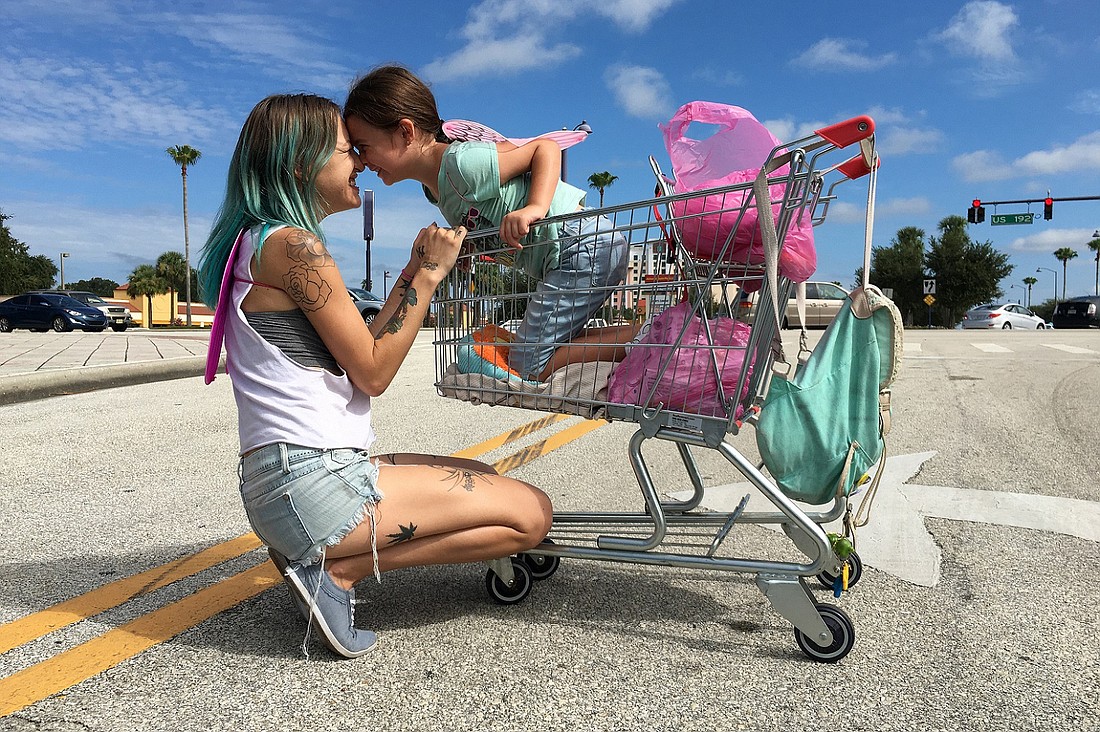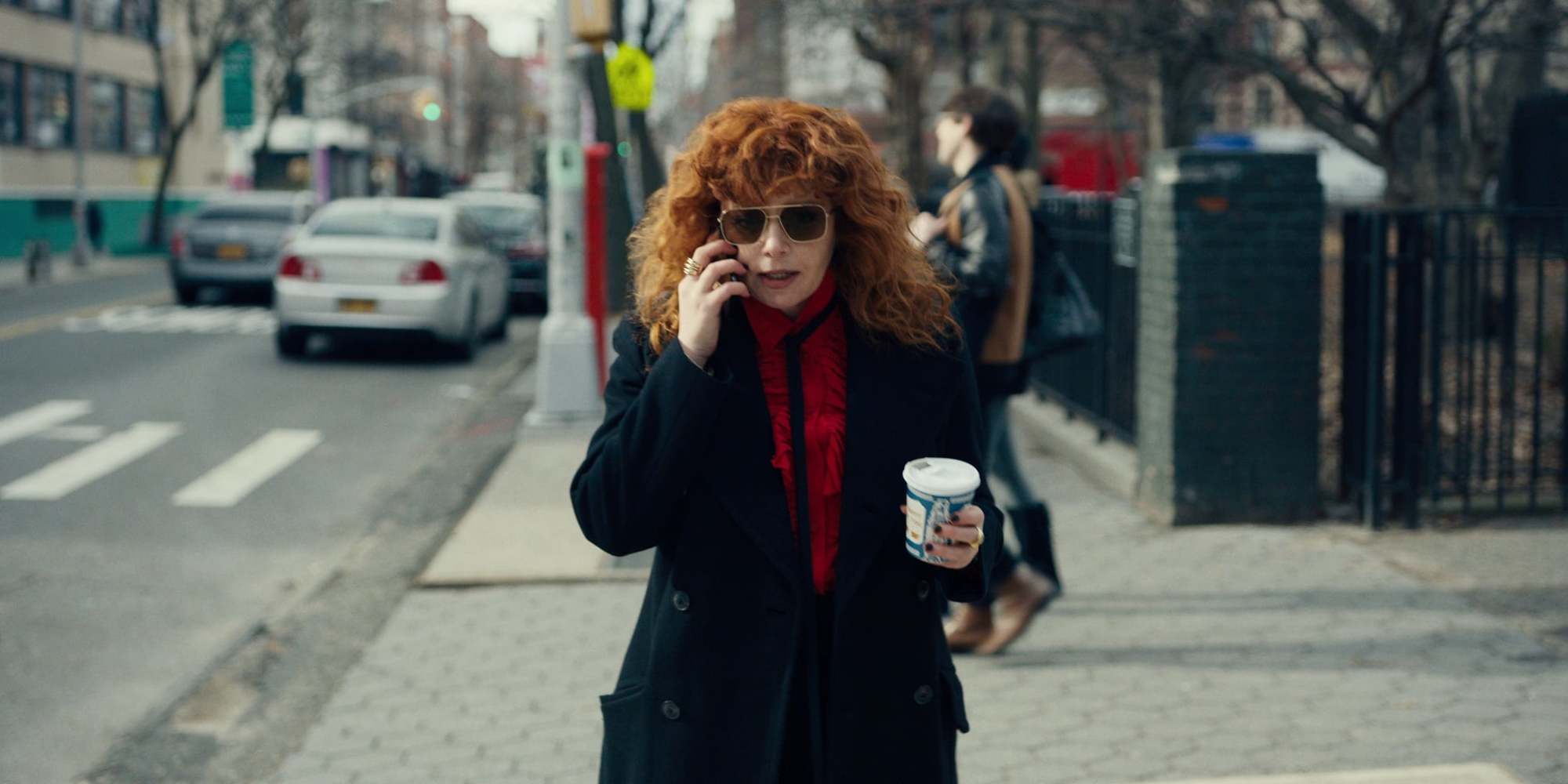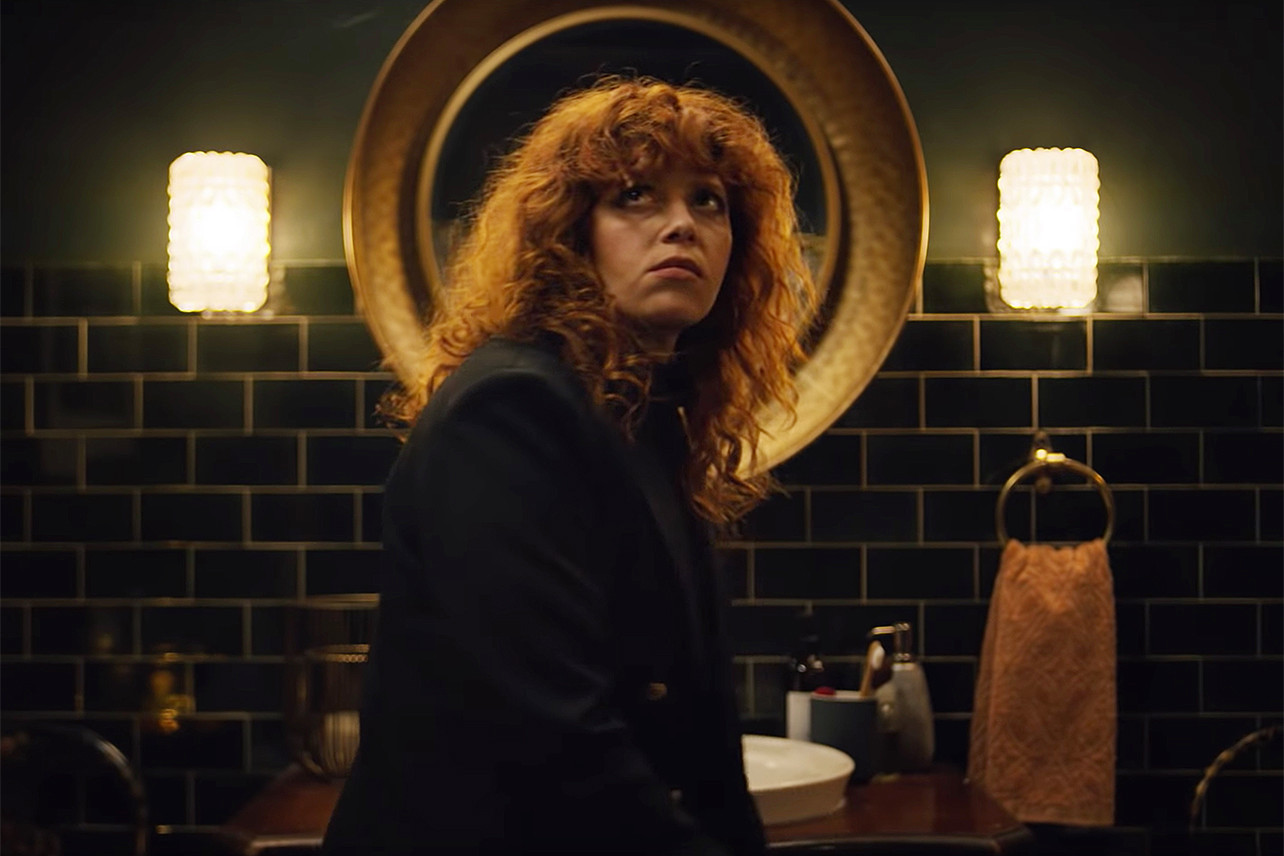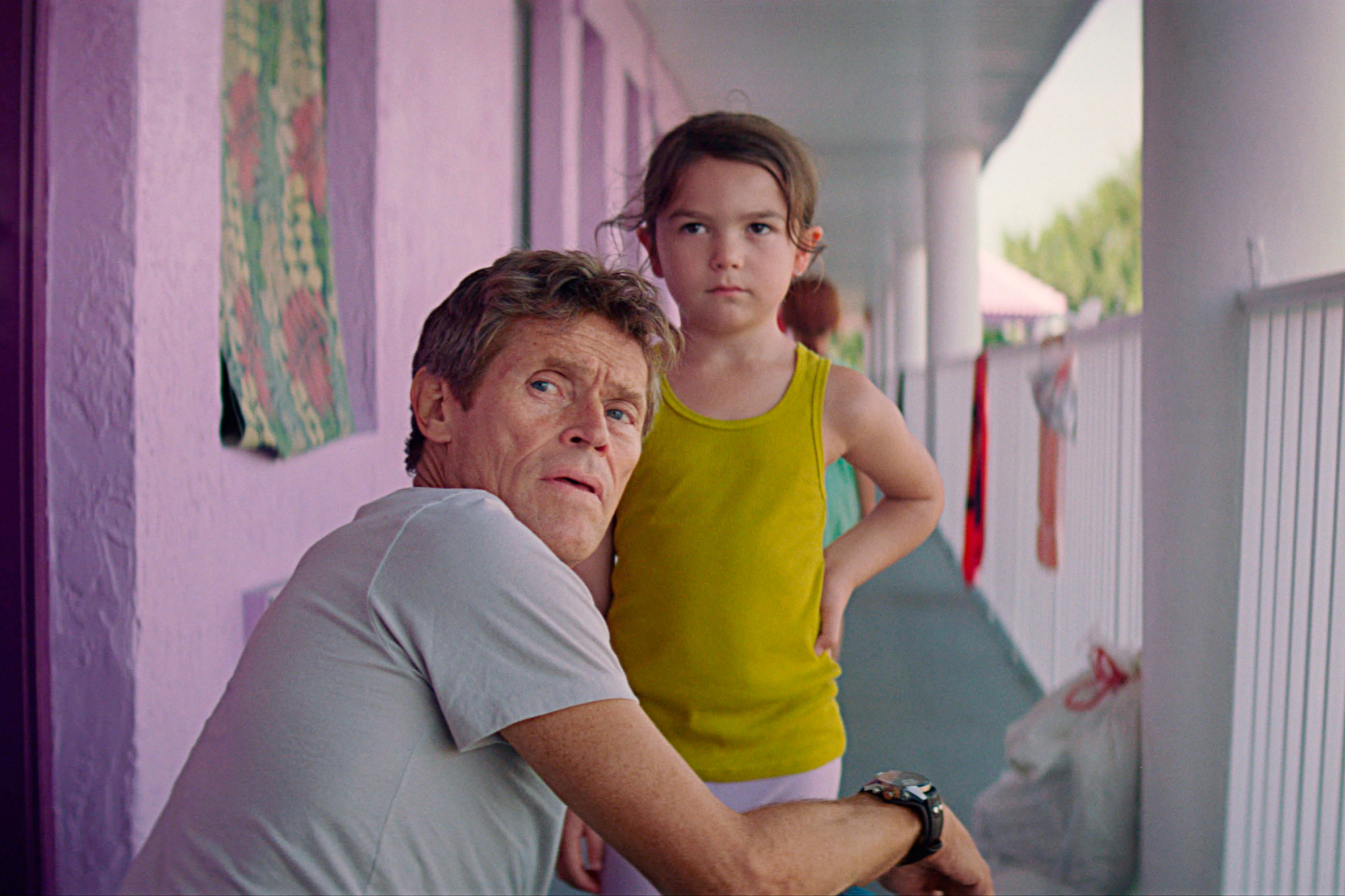- April 25, 2024
-
-
Loading

Loading

In case you missed it last week, I interviewed Winston Duke about “Black Panther,” “Us,” and his general perspective on Hollywood at a media roundtable. He gave a bunch of thoughtful and refreshing answers to deep questions, and I hope his outlook starts catching on with Hollywood’s power players soon.
Not too much to say this week otherwise, so let’s get to it.
Netflix, TV-MA, 30 minutes, eight episodes
Nadia Vulvokov dies after she is hit by a car on her 36th birthday. Then she awakens at her party. Then she dies again, and awakens again, so many times that you will lose count.

Finding out why this is happening is the hook of “Russian Doll,” which stars the delightful Natasha Lyonne (“Orange is the New Black,” “American Pie”) as Nadia, a whip-smart video game programmer who also enjoys illicit substances more than the average person. She has a network of friends but is utterly alone on this journey, as every time she tells someone she’s dead or dying or feeling hollow, they get confused, rightly so. There's also a twist that differentiates it from other "time loop" stories, but I won't reveal that here.
Also, in a fun local twist, Booker High alumnus Charlie Barnett stars alongside Lyonne as a dude named Alan, who is feeling lost after his girlfriend cheats on him.
If you’re not great with gore, don’t be alarmed, the deaths are (mostly) bloodless and in some cases simply implied. “Russian Doll” isn’t in the scares game. Its aim is higher: To get you to think about second chances and regrets and making things right with yourself. Of course, it also involves laced cocaine and drunken sex and a missing cat named Oatmeal, so it never takes itself too seriously for too long.
Lyonne’s Nadia swears like a New York sailor, and it slays me. The way she says cockroach alone — “Ka-ka-roach” — should win her an Emmy. She’s been funny forever, but this is the perfect vehicle for her style.

As the mystery deepens and, eventually, unfurls, things can get heady, and I am not 100% sure I understand the series’ final scene. I am also not sure that I care. The stuff that matters, the stuff that will stick with you after the end credits roll, are the themes we all face: Fear of losing the ones you love and finding self-worth. The “death cycle” trope is just an excuse to talk about that stuff, and it comes together in an addicting package.
It’s also important to note that “Russian Doll” was fully created, written and directed by women, including Lyonne (and Amy Poehler?) It comes across in the show’s writing, which makes asshole guys treated like asshole guys and strong women treated like strong women. (It's wild and sad that this isn't the norm.) Not that this needed proving, but the show proves once again that women can write shows as funny, smart and interesting as any man can.
Support “Russian Doll” so women get the chance to make more shows like this, please.
Amazon Prime Video/Kanopy, R, 111 minutes
The highest compliment I can give “The Florida Project” is that by the end of it, you will have forgotten its stars are not trained actors.
Director Sean Baker (a great Letterboxd follow, by the way) found Bria Vinaite, who plays Halley, on Instagram. Brooklynn Prince, who plays Halley’s daughter, Moonee, and is a revelation, had all the experience of a Parenting Magazine modeling shoot and a Chuck E. Cheese commercial. Together, they formed the most realistic mother-daughter team in recent film history.

The film follows Halley and Moonee as they fight to survive poverty in Orlando, living at the Magic Castle budget motel down the street from Walt Disney World. The theme park is not directly mentioned for much of the film’s run time, but its presence — this landmark of capitalism and excess — casts a shadow over the run-down strip malls and parking lots where these characters make their living.
There isn’t much in the way of plot, here. Halley tries to figure out way of making money, including some less-than-legal desperate measures, to provide for her daughter, while Moonee makes friends at the motel with both kids and the motel’s owner, Bobby (Willem Dafoe, who is also great here as a guy trying to do right by this family when he has a hundred other problems to deal with as well). Most of the happenings are unremarkable, and that’s exactly it: We have become so accustomed to people living in desolate conditions, we hardly blink an eye when we see it. It’s a slice of life movie about a slice of life usually tossed in the trash.

There’s a lot that makes “The Florida Project” great, but chief among the reasons is the kids in the film act like kids. Baker doesn’t do the trendy thing and have them act overly precocious. Moonee and her friends are energetic, loud, a little gross, sometimes rude and always full of life.
The one issue I have with the film is its ending — literally, the last 30 seconds or so — as they are tonally incongruent with the rest of the film and, in a movie so full of realism, heighten the suspension of disbelief to the upteenth degree, which is one degree too far for me. Other people love it, so, make of that what you will.
Ending aside, “The Florida Project” is an important watch, especially for those of us in affluent areas of Florida. It is easy to ignore the poverty issue when we don’t know its face. Feeling connected to Halley and Moonee will hopefully change that.